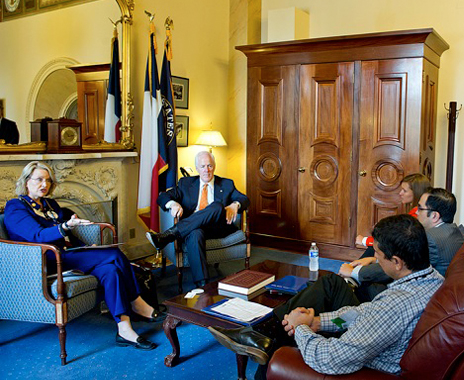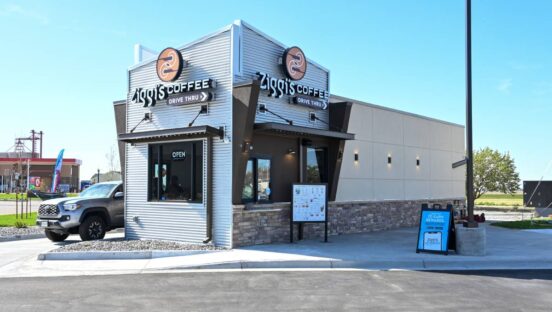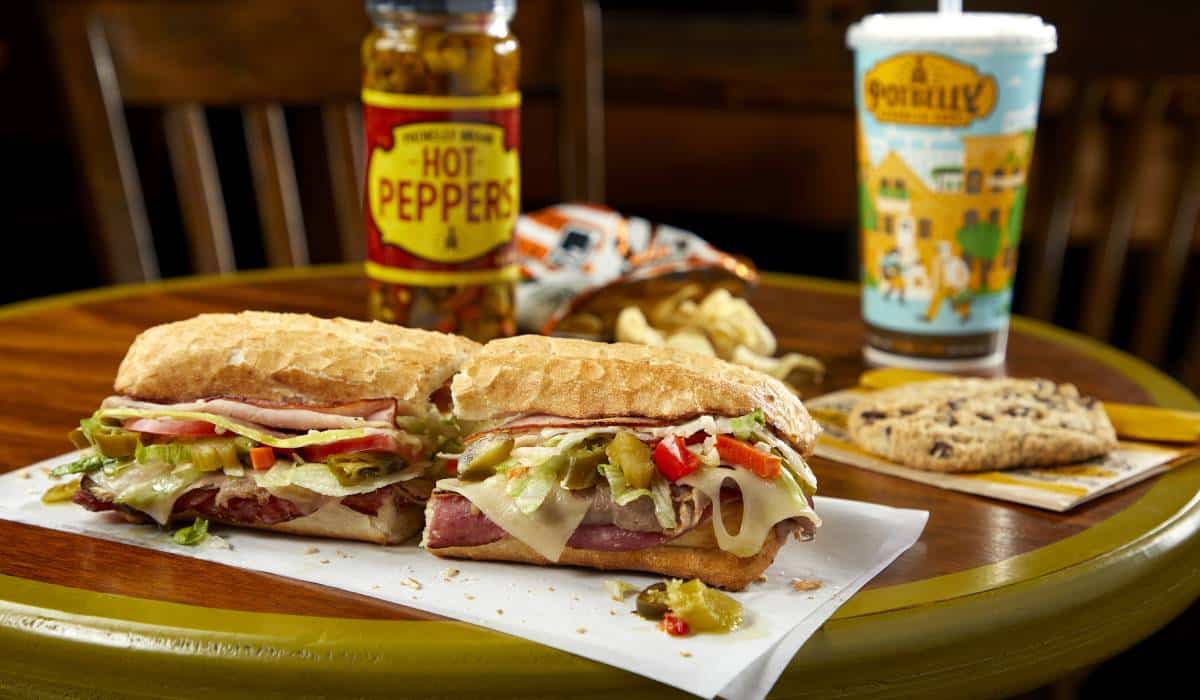With minimum wages, menu legislation, joint employer standards, and more called into question over the last several years, many foodservice brands and franchise owners are more concerned than ever about the future of the franchise industry and their role within it. That’s just one of the reasons the International Franchise Association (IFA)—the oldest and largest organization to represent the franchise industry across the globe—launched the Franchise Action Network (FAN) in June.
With the aim of uniting franchisees, franchisors, and suppliers and urging them to protect the franchise business model from potentially harmful legislation, the network is quickly gaining traction in the foodservice and larger franchise industry, says Matt Haller, senior vice president of public affairs and media relations at the IFA.
“It seems there are more initiatives to hurt the franchise model during the last year or two than there have been in many years prior to that collectively,” adds Auntie Anne’s franchisee and FAN member Matthew Patinkin. “It’s no longer just a few key, national issues that folks in D.C. can address. It’s really become a state and local-level issue.”
Operating at the city, state, and federal levels of government, the network—30 percent of which is made up of franchisees and franchisors from the quick-service industry—identifies strong leaders who can organize their fellow franchisees and franchisors at a more local level, focusing primarily on cities and states in which the franchise model faces the most severe challenges in terms of regulation and legislation, Haller says.
One issue on which FAN is most actively focused is the National Labor Relations Board’s (NLRB) decision to potentially alter the joint employer standard, which according to FAN’s website, means “a franchisor could be designated as a joint employer of its franchisees’ employees.”
“I own my business. I run the business; I hire the people; I set the schedules,” Patinkin says. “But if the NLRB ruling becomes law and we are joint employers, I lose my business. And that’s very scary to me.”
FAN recently began circulating a “Dear Colleague” letter that calls into question the actions of the NLRB and asks for more transparency when changing laws that have been in place for more than three decades. Nearly 70 bipartisan members of Congress have already signed the letter asking for more information and clarification on the reasoning for changing this long-running joint employer standard, Haller says.
Not only does FAN lobby against laws and regulations like the NLRB’s that may hurt franchisees and franchisors, but it also aims to educate its 1,700 members about the issues it deems most critical so they can connect directly with their legislators on these laws and regulations.
Patinkin, for example, has met with policymakers in states like California, Illinois, Maine, and Hawaii to talk about everything from the effect of minimum wage increases to issues concerning the decisions franchisees can make independent of their franchise brand. “I’ve been able to meet with legislators and help them understand how these initiatives might negatively impact my business,” he says.
Herv Breaul, a Philly Pretzel Factory franchisee and new FAN member, has also directly lobbied senior staffers and legislators in Harrisburg, Pennsylvania, illustrating how the effects of legislation—drastic raises to the minimum wage, for example—could hurt franchisees and small business owners like himself.
Though the organization has quickly grown in the short time since launching last summer, thanks to active members like Patinkin and Breaul, Haller says FAN does face a few notable challenges—namely, that many members are more concerned about running a business than lobbying on Capitol Hill.
“Our members’ job is to run a business, grow a business, create more jobs and opportunities, so they’re not focused on grassroots advocacy or organizing each and every day,” he says. “It’s a challenge, and our job is to find ways for our members and new members to tell their stories through different vehicles.”
This includes video, face-to-face meetings with lawmakers, and round-table discussions with elected officials and candidates. FAN has also created an online portal through which franchise owners can communicate directly with their elected officials on specific pieces of legislation.
“It helps educates me, it identifies the key points of each issue, it connects me with the folks who have been there so I can contact people at the IFA if I have questions,” Patinkin says of FAN. “It helps prepare me for meetings and letting-writing campaigns, talking points, contact information for my local legislators. It really helps me to focus my time better so I can be more impactful.”
While Haller says the organization has been reactive up until this point—lobbying against various laws and regulations that could hurt the franchise model—the goal is to become proactive on certain issues within the next several years.
“Our objective is to continue to grow with this network of advocates so that at the appropriate time, we can affect change that the industry is for,” he says.













